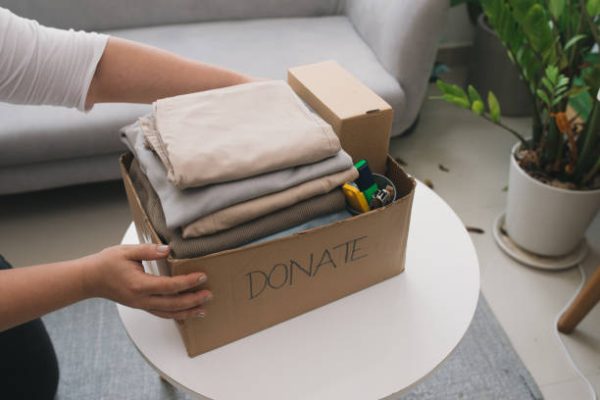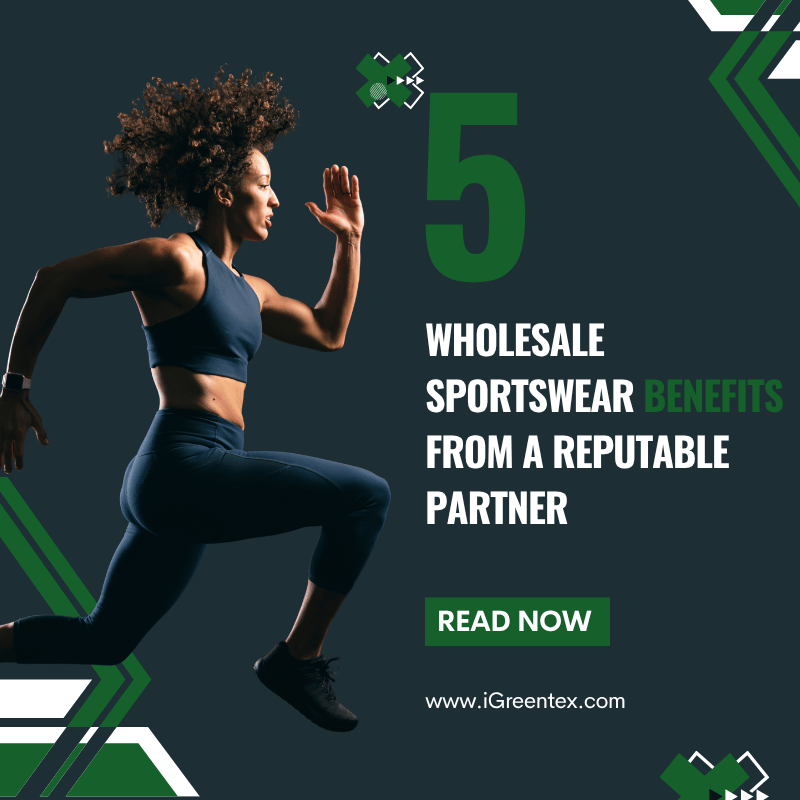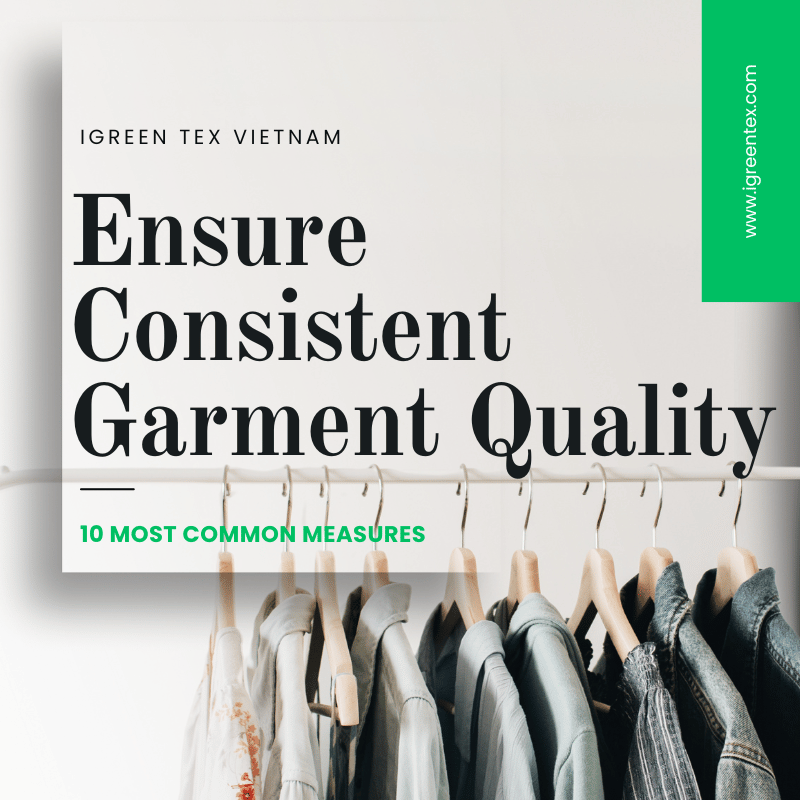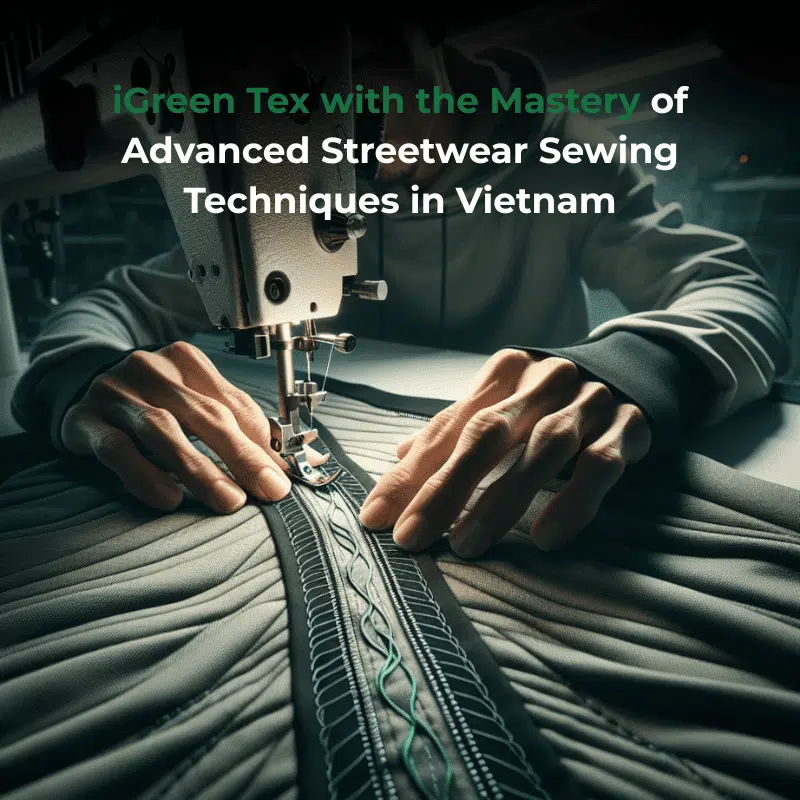The fashion industry has long been associated with excessive waste and resource depletion. However, a paradigm shift is underway as brands and consumers embrace circular fashion. This sustainable approach aims to minimize waste, extend the life of products, and create a more sustainable system for the industry. One of the key methods driving this change is upcycling. This blog will explore how upcycling supports circular fashion and contributes to a greener future.
Understanding Circular Fashion
Circular fashion focuses on creating a closed-loop system where resources are reused rather than discarded. Unlike the linear model of “take, make, dispose,” circular fashion emphasizes:
- Designing for longevity: Creating garments with durable materials to extend their lifecycle.
- Recycling and upcycling: Transforming old or unused clothing into new products.
- Ethical production and consumption: Promoting responsible manufacturing and consumer behavior.

By implementing these practices, circular fashion helps reduce waste, conserve resources, and combat environmental degradation.
What is Upcycling?
Upcycling involves repurposing old or discarded materials into something of higher value or quality. Upcycling preserves and enhances the original material unlike recycling, which often breaks down materials for reuse. In fashion, this could mean transforming old jeans into stylish bags or turning fabric scraps into new garments.

Benefits of Upcycling in Circular Fashion
- Waste Reduction
Upcycling helps reduce the volume of clothing sent to landfills. Globally, millions of tons of textiles end up as waste each year. By giving these materials a second life, we reduce environmental strain. - Resource Conservation
The production of new fabrics requires significant water, energy, and raw materials. Upcycling reduces the need for virgin resources, supporting efforts to achieve a greener future. - Creativity and Uniqueness
Upcycled fashion pieces are often one-of-a-kind, offering consumers a chance to own something unique. This creative process fosters innovation within the industry.
How Upcycling Drives Circular Fashion
Extending Product Lifecycle
Upcycling extends the lifecycle of materials by converting them into new products. This keeps resources in use for as long as possible, a cornerstone of circular fashion.
For example, brands like Patagonia and Eileen Fisher have embraced upcycling by offering programs that repurpose old garments into new collections. These initiatives not only reduce waste but also engage consumers in sustainable practices.
Fostering Consumer Awareness
Upcycling raises awareness about the environmental impact of fast fashion. By participating in upcycling initiatives, consumers become more conscious of their purchasing and disposal habits.
Brands that promote upcycling often educate their audience about sustainable fashion. This helps shift consumer behavior toward more eco-friendly choices, contributing to a greener future.
Supporting Local Economies
Many upcycling projects are carried out by small businesses or local artisans. By supporting these initiatives, consumers contribute to the growth of sustainable local economies. This decentralized model helps create jobs and reduce the carbon footprint associated with global supply chains.
Case Studies: Upcycling in Action
The Renewal Workshop
This company partners with brands to upcycle unsellable or damaged goods into renewed apparel. By repairing and repurposing these items, they prevent them from ending up in landfills.
Rothy’s
Rothy’s is known for its upcycled footwear and accessories made from recycled plastic bottles. Their innovative designs showcase how upcycling can blend style with sustainability.
Zero Waste Daniel
This fashion brand specializes in creating clothes from fabric scraps. Their approach demonstrates how even the smallest pieces of material can be used to produce something valuable.
Overcoming Challenges in Upcycling
While upcycling offers numerous benefits, it also presents some challenges:
- Higher Costs
Upcycled products can be more expensive due to the labor-intensive process. However, many consumers are willing to pay a premium for sustainable and unique items. - Scaling Production
Scaling upcycling operations to meet global demand can be difficult. This requires investment in technology and infrastructure to streamline the process. - Quality Control
Ensuring consistent quality in upcycled products can be challenging. However, with advancements in design and manufacturing, this issue is gradually being addressed.
The Role of Consumers in Circular Fashion
Consumers play a crucial role in driving the success of circular fashion. By choosing upcycled products, they support sustainable practices and reduce their carbon footprint. Additionally, consumers can participate in upcycling by:
- Donating old clothes: Instead of discarding unwanted garments, donate them to organizations that specialize in upcycling.
- DIY upcycling: With basic sewing skills and creativity, individuals can transform their old clothes into new items.
- Supporting upcycling brands: Purchasing from companies that prioritize upcycling helps sustain the circular fashion movement.
Conclusion: Toward a Greener Future
The fashion industry is at a pivotal moment. As the world confronts the environmental consequences of fast fashion, adopting sustainable practices is essential. Circular fashion and upcycling offer a powerful solution, enabling the industry to reduce waste and conserve resources.
By embracing these practices, both brands and consumers can contribute to a greener future. Together, we can reshape the fashion landscape and create a system that values sustainability, creativity, and responsibility.
About IGREEN TEX
IGREEN TEX is a provider of fashion and textile products, offering a wide range of apparel both domestically and internationally. Our commitment to quality ensures that our products not only meet the highest standards but also promote eco-friendly practices.
IGREEN TEX VIETNAM CO LTD
Address: No. 83, A4 Street, Ward 12, Tan Binh Dist, HCMC
Tax code: 0315844409
Email: info@igreentex.com
WhatsApp/Viber/Zalo: +84 938.045.900




